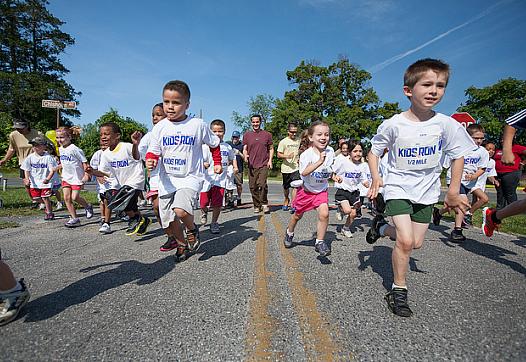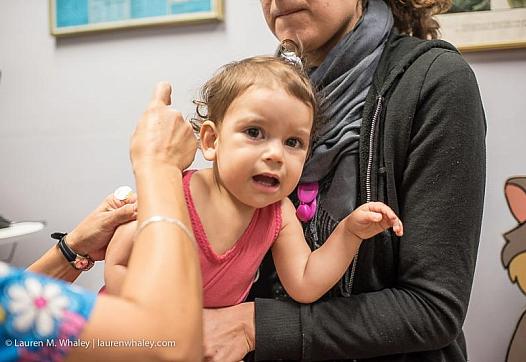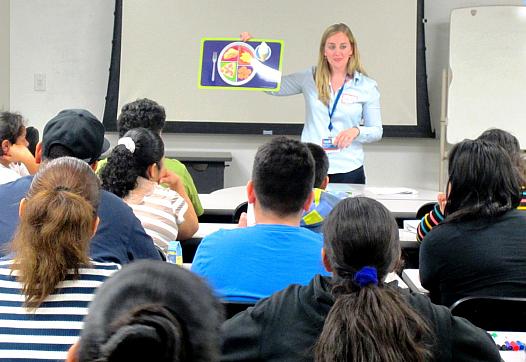
As teens age out of pediatric care, there's often a lag that can stretch on for years before they enter the fold of adult primary care. For young adults with chronic illnesses, that gap poses real risks. A recent study outlines the scope of the problem, even as progress on the issue remains stalled.







